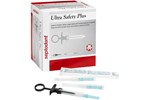
Sharps practice
Is your practice taking care of you?

Is your practice taking care of you?

The topic of infection control has drawn a bit of a media circus of late, thanks partly to a few newsworthy breaches in dental practices and the Zika virus. Here, Rebecca Waters asks if your standards are high enough

This April, is your practice ready for new regulations?

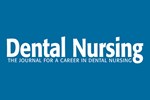
As part of the Health and Safety at Work Regulations 1999, all employers are required to assess the risks to those in the workplace and any others who may be affected.

Richard Griffith discusses the duties of dental care professionals (DCPs) to ensure patients benefit from proper infection prevention and control procedures, and highlights the sanctions that DCPs may face if they fail to discharge those duties

In this article, Richard Harris describes what the Care Quality Commission regulations mean and what a practice might expect from an inspection under the new system

Following new legislation, the Care Quality Commission published a statement on its roles and responsibilities for safeguarding children and adults in England. Dave Hancock considers the likely impact on dental nurses

In this article, Shilla Talati discusses what immunisations are necessary for dental nurses or staff at the dental practice who will come into contact with blood or other bodily fluids

In this section, we answer your questions on all issues relating to dental nursing. To submit a question, please email dn@markallengroup.com
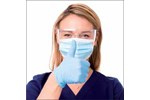
Personal protective equipment (PPE) is designed to protect the person wearing it from pathogens and protects the patient from pathogens that could be picked up in dental practices. This article updates an article published in 2012, updating legislation on infection control and decontamination
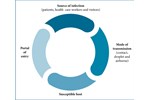
This article will examine environmental cleanliness, surface cleaning, hand hygiene and how we have a responsibility to ensure that all our staff, patients and visitors are confident that we are doing all we can to reduce health care-associated infections
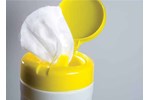
Within the dental practice, there are many pathogens that can harm the patient, as well as the dental team. This article discusses effective cleaning techniques to ensure cross-infection control and decontamination procedures are carried out according to legislation and guidance

In this article, Richard Griffith outlines the legislation regulating the safe management and disposal of waste and considers how the law applies to retained teeth and plaster products
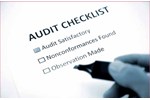
The Care Quality Commission (CQC) inspects practices and will speak to staff members as a result. This article provides some valuable tips to achieve a positive result from CQC inspections